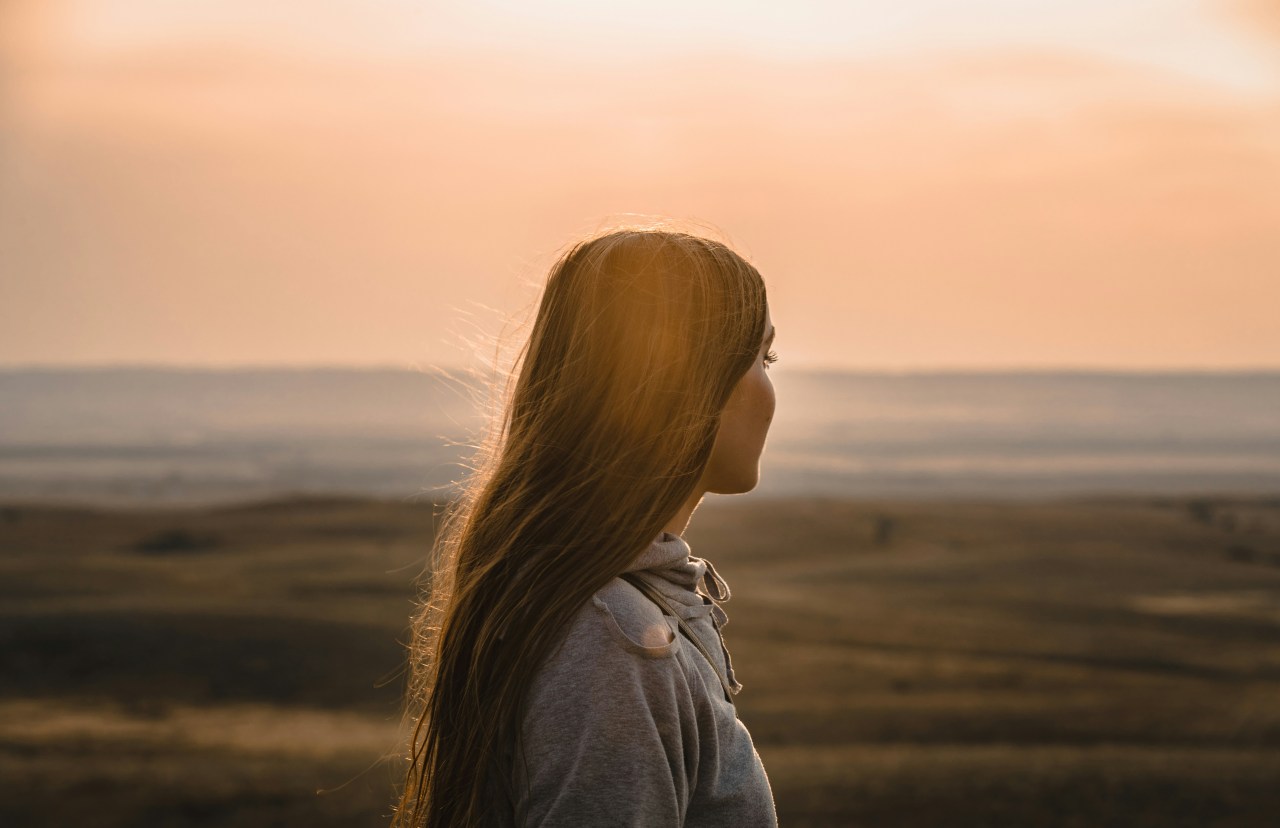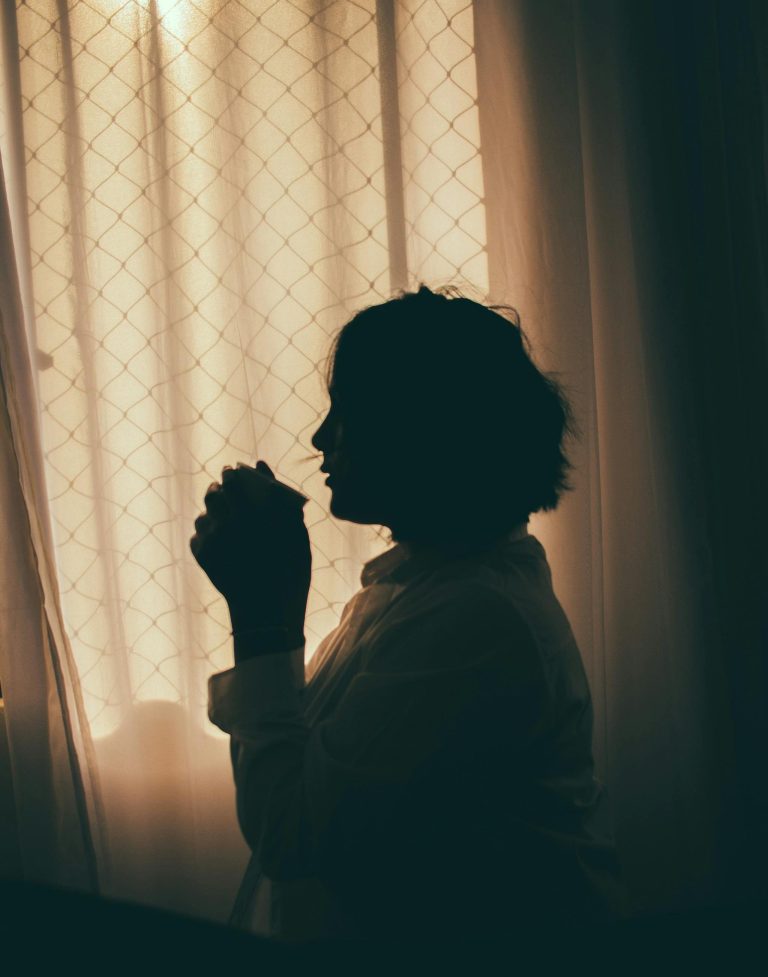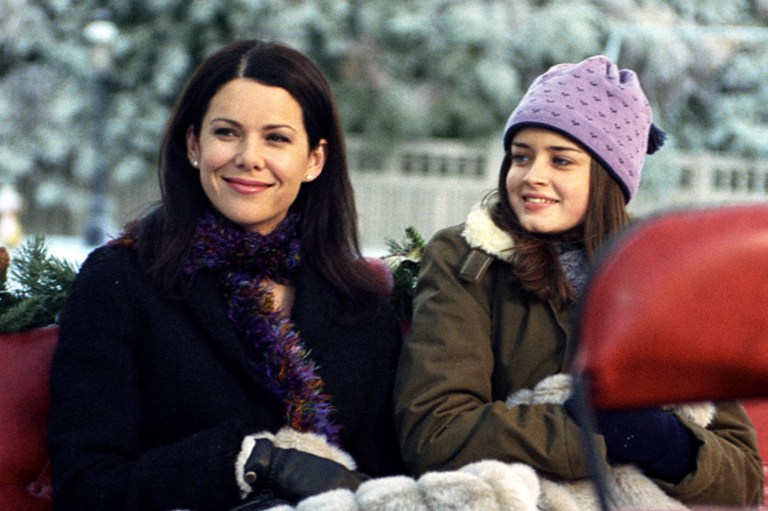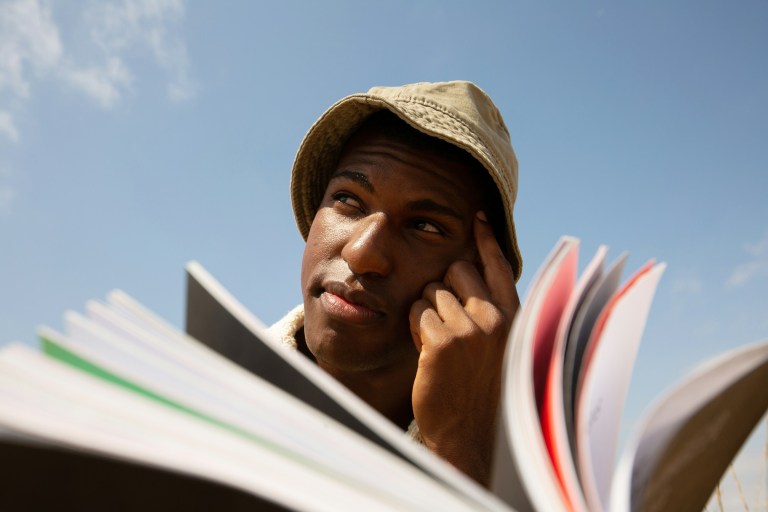
An HIV Diagnosis Can Change Your Life: Navigating Life’s New Normal
At the tender age of 10, my world was turned upside down when I discovered I was living positively with HIV. It wasn’t from a doctor’s diagnosis or a candid conversation with my parents. Instead, this news was revealed to me by a friend on our way back home after school, who had heard one of our classmates (an innocent 11-year-old friend) mention that I am living positively with HIV. She knew this because her mother disclosed my status to her.
Receiving an HIV diagnosis is a life-altering moment that can send shockwaves through every aspect of one’s life. From emotional discomfort to practical considerations, the journey post-diagnosis is complex and challenging. However, amidst the fear and uncertainty, there is hope, resilience, and a path forward towards a fulfilling life. After I heard the news that I was living positively with HIV, I approached my aunt and whispered to her what I had been told. Instead of saying something, she kept quiet and told my mom what I had told her, and my mother’s reaction was what confirmed the news — I was living with HIV.
Growing up, I was blissfully unaware of the complexities surrounding HIV. It was just another acronym in the alphabet soup of health education classes. HIV at the time was viewed as a deadly virus and society thought people living with HIV could easily be identified by how they look. After I heard the news, I was in a state of disbelief because I did not “look” like someone living with HIV — I had a big body and beautiful skin, so I thought there was no way I could be living with this virus. Other than the disbelief, I don’t remember how I reacted when my mother’s response confirmed the news. As a matter of fact, I don’t remember what happened even 2 years after that first revelation.
I only revisited the news when I turned 13, when I was going through an adolescent stage. My friends and I had started engaging more in relationships and sexual intercourse conversations, and boys my age also started hitting on me. Whenever we would have conversations about HIV, my peers made it clear that they would never date anyone living positively with HIV, and people on social media weren’t saying anything differently, too. Everyone feared this virus!
The weight of secrecy and shame descended upon me like a suffocating cloak. I became consumed by a sense of isolation, fearing rejection and judgment from those around me. Questions swirled in my mind: How could anyone accept me now? Would I ever be loved? Will I be able to reproduce? Am I dying soon? The stigma associated with HIV cast a long shadow over my childhood, eclipsing any semblance of normalcy. The weight of stigma was a heavy burden to bear, it infiltrated every facet of my life, from friendships to romantic relationships, leaving me feeling undeserving of happiness and acceptance. The mere thought of disclosing my status filled me with dread, fearing the inevitable backlash of prejudice and discrimination.
When I turned 15, I felt the need to face the truth. This meant allowing myself to feel all the emotions and being vulnerable. I suffered from depression, and this led to me withdrawing from social interactions, retreating into the solitary confines of my mind with the whispers of self-doubt becoming louder each day drowning out any flicker of hope and anxiety fuelling my darkest fears. Yet, even in my darkest moments, a glimmer of resilience flickered within me – “I can’t take away a life I did not give myself, the Lord will make a way.” My religious belief gave me hope in the engulfing darkness.
Slowly but surely, I began to find solace in the support of my family – people who refused to let me drown in the sea of stigma. I couldn’t afford proper counseling, so I had to create a safe space for myself to confront my demons. I started researching more about the virus, and I found stories of people who were going through what I was going through. This made me realize I was not alone in my struggle, and that others understood the weight of my burden.
Over time, I learned to embrace my HIV status as a part of who I am, rather than running away from the truth and allowing my status to define me. I had a one-on-one with the virus and made it understand that it will not define me — instead, I will define it. I found strength in vulnerability, and courage in authenticity. Each day became a battle against stigma, a testament to my resilience and determination to break free from the shackles of shame.
I am 23 years old now. My parents found out I was living positively with HIV when I was 5, and I started treatment then. 18 years later, I can confidently say that not once have I defaulted on my treatment (even during my toughest, dark days) because I understood the importance of adhering to treatment. I know now that I can live a normal and fulfilling life, and I can be loved and accepted. I am currently in the process of creating an intimate community for people living with HIV across the globe. I run a TikTok account titled HivtalkswithAdele and will be launching a blog catered for people living or affected by HIV in the next couple of months.
To anyone grappling with the weight of HIV stigma, please know that you are not alone. Reach out for support, speak your truth, and never allow shame to silence your voice. Together we can rewrite the narrative surrounding HIV, fostering a future filled with empathy, understanding, and love.











